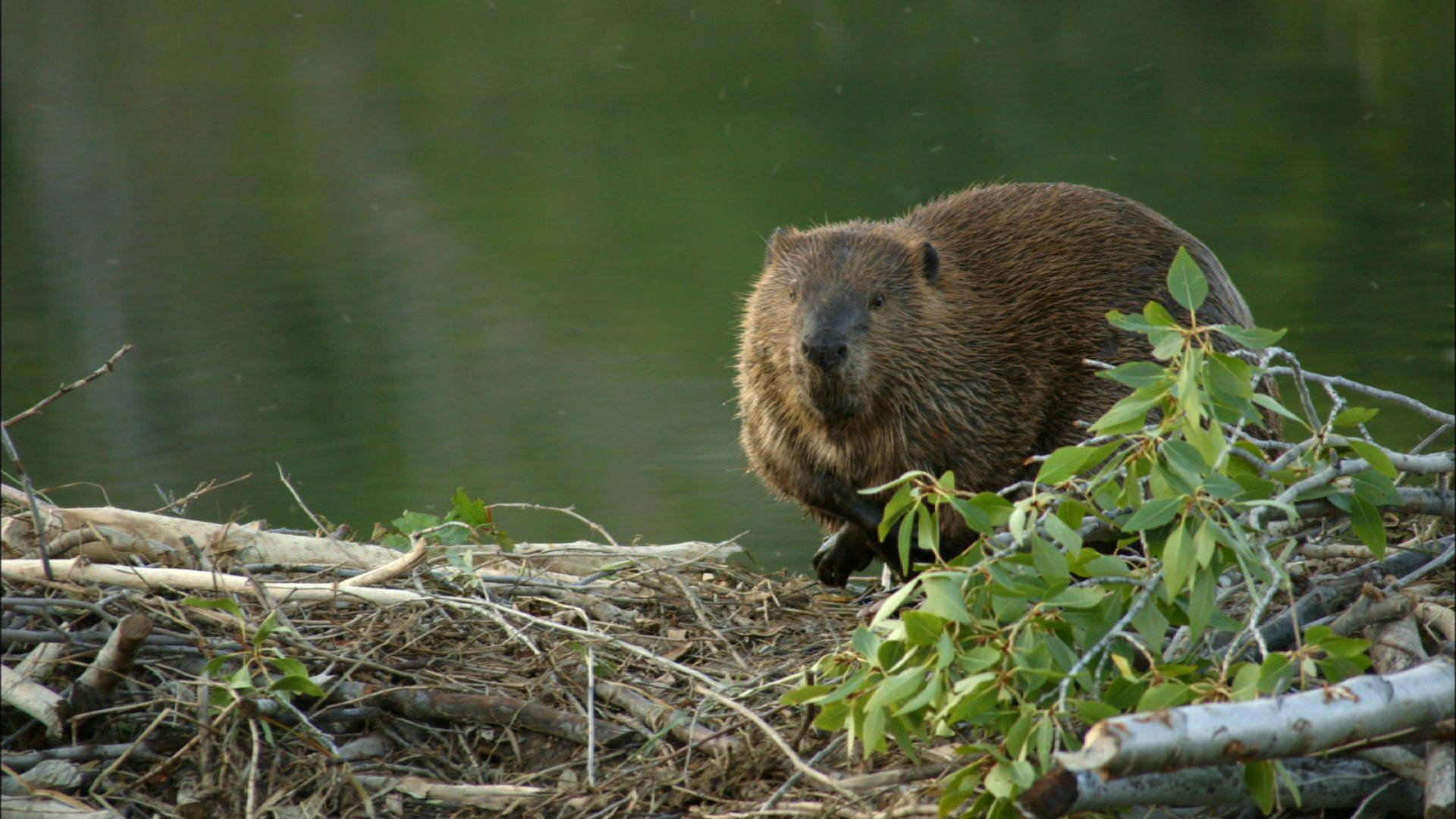
Willows on the Landscape Workshop:
A deep dive into Willow Identification, ecology, and how to re-establish native willows on arid landscapes
Willows play a crucial role in riparian habitats and are commonly utilized to help restore stream integrity, but how much do you know about willows?
In this workshop we will consider a return of native willows (and other Poplar varieties) as a forage source for beavers and an important early step toward beaver recovery and then longer-term landscape health and resilience. The lessons will be oriented to eastern Oregon stream restoration practitioners embarking on beaver-based restoration, with persistent, long-term beaver-managed floodplains (“BeaverHOODS”) as a foundation.
DAY 1 – JUNE 20th IN PERSON AT SUNRIVER NATURE CENTER
9AM TO 4PM
On Day 1 of the workshop we’ll meet in person to learn about willows, their identification, common diseases, willow life cycles, and willow communities.
INSTRUCTOR
Barbara Wilson of the Carex Working Group. Barbara holds a PhD from Oregon State University and is a founding member of the Carex Working Group. Barbara authored the “Key to Vegetative Willows of Central Oregon”, as well as the Field Guides on both Sedges and Grasses of the Pacific Northwest.
DAY 2 – JUNE 26th ONLINE
9AM TO 2PM
In Day 2 of the workshop we’ll meet online and explore innovative techniques for incorporating willows into habitat restoration projects. Learn how to propagate willow, establish riparian buffer zones, and begin to take steps toward a biodiverse landscape that supports a rich array of plant and animal life.
INSTRUCTOR
Jefferson Jacobs, Riparian Restoration Manager, ONDA. Jefferson has worked as a professional field biologist for nearly three decades. Since 2008 Jefferson has been designing, planning and implementing beaver-based restoration projects across eastern Oregon – for public and private lands – utilizing an in-house conceptual model referred to as “BeaverHOODS” (shared in this RRNW webinar).
LESSONS WILL INCLUDE
- Keying willows and identification.
- Getting outdoors to test your knowledge.
- Beavers and willow, their co-evolution on Western landscapes (and a favorite beaver food source).
- Guidelines for successfully planning and implementing large scale riparian vegetation plantings on small wadeable streams.
- Sourcing willows and other plant stock.
- What beavers need to succeed, and successfully establish and manage floodplains.
- Beavers 101, walk and talk beavers visiting at a nearby beaver pond (Day 1).
- Participants will have an opportunity to consult with the Instructors around their own vegetation projects.
FEE
- $35 fee (includes lunch on Day 1)
Participants can attend one or both days according to their interest - If paying by check, please email to register for the Workshop.
QUESTIONS?
- Contact Kelli@snco.org or Reese@westernbeavers.org

